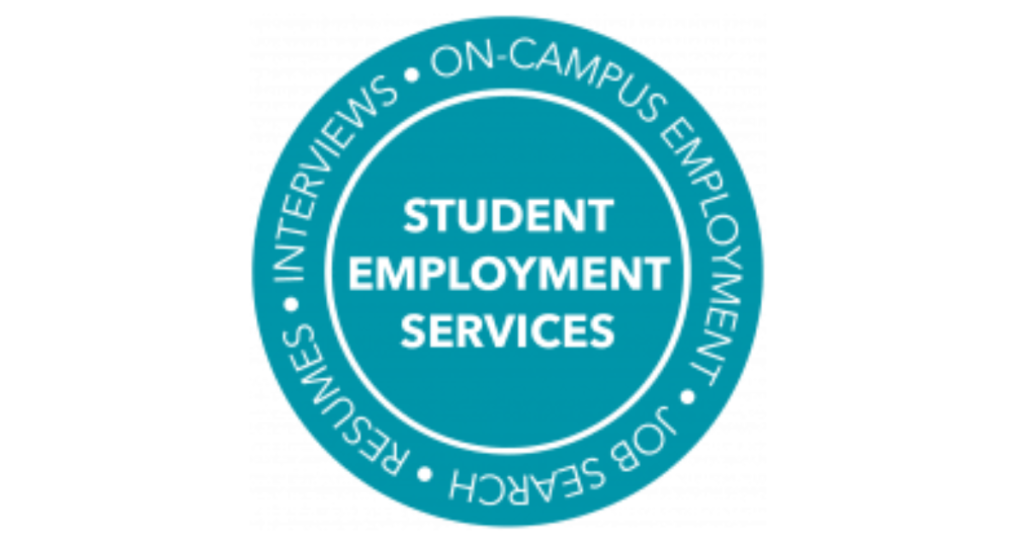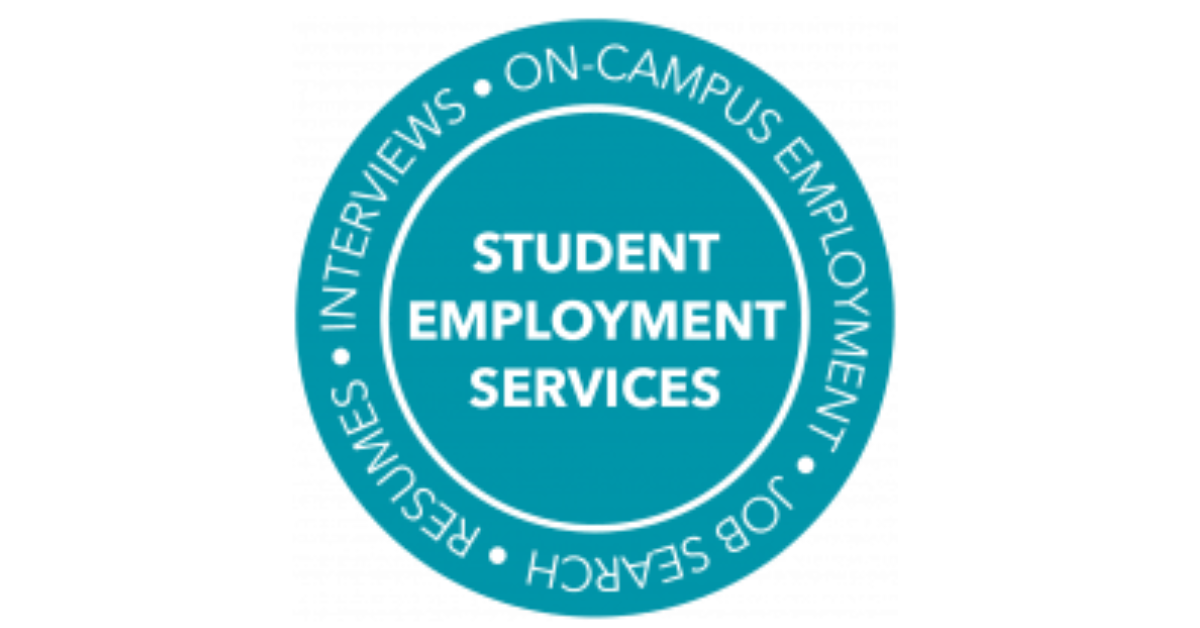Balancing academics and financial stability can be a challenge for university students. On-campus employment offers a practical solution by providing students with flexible job opportunities that fit around their academic schedules. More than just a source of income, these jobs help students develop essential skills, gain work experience, and expand their professional networks. This article will delve into the various types of on-campus jobs, eligibility requirements, benefits of employment, and strategies for maintaining balance between work and study.

Types of On-Campus Jobs Available to Students
On-campus employment offers students a range of job options, from administrative roles to positions in academic departments and campus facilities. Each type of job presents different benefits, helping students to build a unique skill set that complements their academic pursuits.
1. Administrative Positions:
Administrative jobs are widely available across campus departments, such as admissions, financial aid, and student services. These roles often involve clerical work, managing student records, answering inquiries, and organizing events. Students in administrative roles gain valuable office experience and improve essential skills like communication, organization, and customer service.
2. Academic Positions (Research and Teaching Assistants):
For students interested in deepening their academic involvement, research and teaching assistant positions are popular choices. Research assistants (RAs) work alongside professors on various projects, assisting with data analysis, literature reviews, and experiments. Teaching assistants (TAs) help faculty members with grading, tutoring, and leading discussion groups. These roles provide hands-on experience in the student’s field of study and often offer stipends or tuition reductions, particularly for graduate students.
3. Facility-Based Jobs:
Universities also employ students in various on-campus facilities, such as libraries, dining halls, gyms, and bookstores. These jobs tend to have more flexible hours, making them ideal for students with busy academic schedules. Facility-based positions allow students to gain customer service experience, teamwork skills, and time management abilities. Working in a library or campus store can also create opportunities to engage with the university community in a meaningful way.
Eligibility Criteria for On-Campus Employment
While on-campus jobs are typically open to all students, specific eligibility requirements apply depending on a student’s status, visa regulations, and financial aid qualifications.
1. Domestic Students:
Domestic students generally have the flexibility to apply for most on-campus jobs. Full-time enrollment is a common requirement, and students may need to maintain a minimum GPA, especially for academic roles. Some universities may also offer positions to part-time students, though full-time students usually receive priority. Students participating in work-study programs must demonstrate financial need to qualify for those positions, which are often part of their overall financial aid package.
2. International Students:
International students can also participate in on-campus employment, but they are subject to specific visa regulations. For instance, in the U.S., students on F-1 visas are permitted to work up to 20 hours per week during the academic term and full-time during scheduled breaks. International students must ensure they are complying with visa requirements and may need approval from their university’s international office before starting a job. Additionally, certain positions, particularly those that involve sensitive research, may have restrictions for non-citizens.
3. Work-Study Programs:
Work-study programs are designed to help students with financial need earn money while pursuing their education. To qualify for work-study, students must complete the Free Application for Federal Student Aid (FAFSA) in the U.S. or similar financial aid applications in other countries. Work-study positions are typically more flexible and are available across many departments on campus, providing students with additional opportunities to gain valuable work experience while reducing their financial burden.
Key Benefits of On-Campus Employment
Working on campus offers a wealth of benefits beyond financial compensation. From career development to personal growth, on-campus jobs can provide students with tools that are essential for success both during and after their university experience.
1. Financial Relief:
One of the primary reasons students pursue on-campus employment is the financial relief it offers. Whether it’s covering tuition costs, textbooks, or living expenses, the income from on-campus jobs helps ease the financial pressures of university life. For those in work-study programs, this income is a critical part of their financial aid, helping to bridge the gap between scholarships, grants, and loans.
2. Convenient and Flexible Work Hours:
On-campus jobs are conveniently located within the university, saving students time and money on transportation. Many of these positions also offer flexible work hours that align with students’ class schedules. This flexibility is particularly important during busy academic periods, such as midterms and finals, when students need to dedicate more time to their studies. Employers on campus typically understand these academic demands and adjust work hours accordingly.
3. Career-Related Experience and Skill Development:
On-campus employment provides students with the opportunity to develop practical skills that are transferable to future careers. For instance, administrative jobs hone organizational and communication skills, while research assistantships help students gain analytical and technical expertise in their field of study. These skills, combined with the work experience students gain, can be crucial when applying for internships, post-graduation jobs, or graduate programs.
4. Networking and Professional Connections:
Working on campus also enables students to build strong connections with faculty, staff, and peers. These relationships can serve as a valuable network for future career opportunities, whether it’s obtaining a recommendation for graduate school or learning about job openings in their field. Research and teaching assistant positions, in particular, allow students to work closely with professors, often leading to mentorships that can be instrumental in their academic and professional development.
5. Time Management and Responsibility:
Balancing work and academics is no small feat, but doing so helps students develop strong time management skills. On-campus employment teaches students to prioritize tasks, meet deadlines, and manage multiple responsibilities—a skill set that is essential for success in both academic and professional environments. Additionally, students learn responsibility and accountability, as they must navigate the demands of both work and school.
Challenges of On-Campus Employment and How to Overcome Them
While on-campus jobs offer many benefits, students may encounter challenges when it comes to balancing their work schedules with academic responsibilities. Here are some strategies to manage these potential difficulties:
- Create a Balanced Schedule: Establish a schedule that prioritizes your classes, assignments, and personal commitments. Use digital tools like planners or apps to stay organized and allocate specific times for studying and working.
- Communicate with Employers: If your workload becomes overwhelming, communicate with your supervisor. On-campus employers typically understand the demands of academic life and are willing to adjust work hours when necessary, especially around exam periods.
- Take Advantage of Campus Resources: Many universities offer support services, such as academic advising and tutoring centers, which can help students manage their time more effectively and stay on track with both work and studies.
Conclusion
On-campus employment is a valuable opportunity for students to not only earn money but also gain work experience and develop essential skills that will serve them well in their future careers. Whether students are working as administrative assistants, research aides, or in campus facilities, these jobs offer the convenience of flexible scheduling and the chance to work closely with the university community. By understanding the eligibility requirements and benefits of on-campus employment, students can make informed decisions about how to best incorporate work into their academic lives. Ultimately, on-campus jobs provide a unique pathway to both financial stability and professional growth, equipping students with the tools they need to succeed long after graduation.
